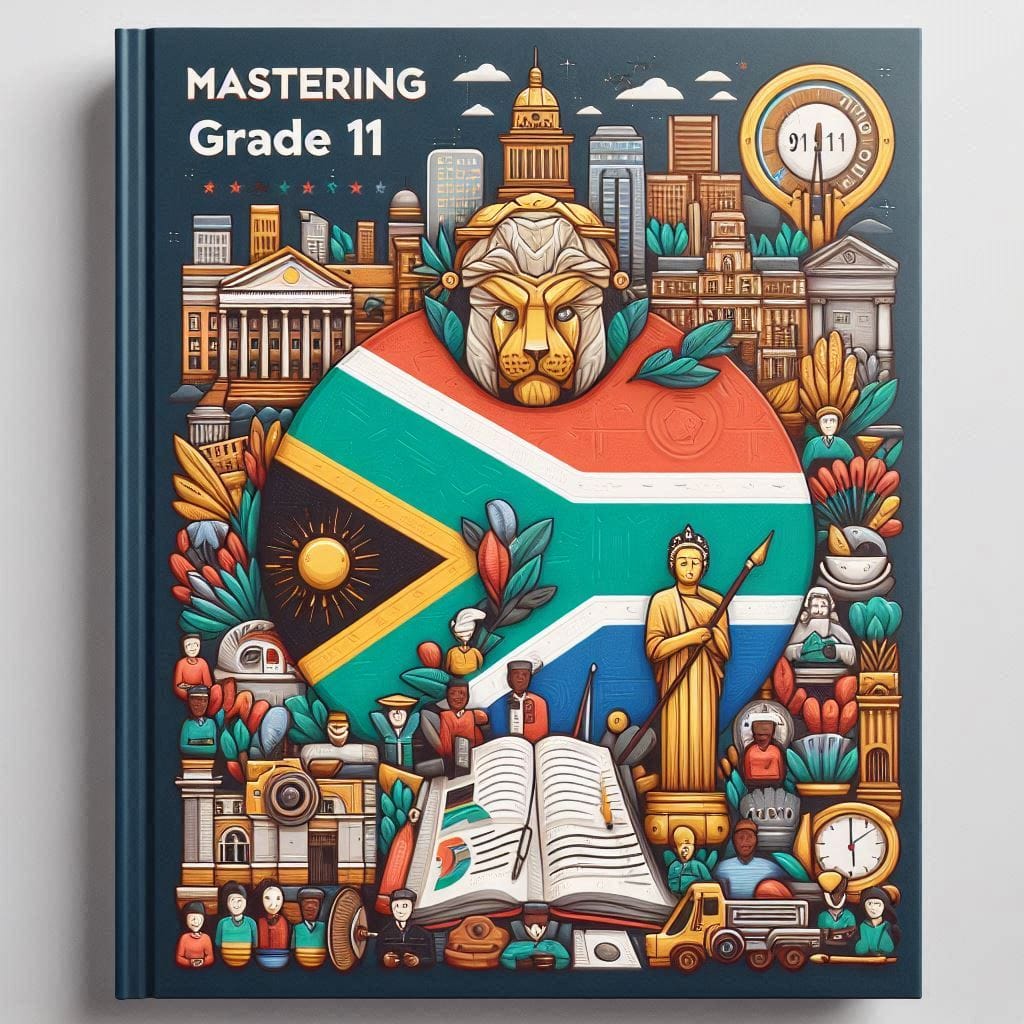Mastering Grade 11 Tourism: A Comprehensive Guide to Past Exam Papers and Memos in South Africa
Mastering Grade 11 Tourism: A Comprehensive Guide to Past Exam Papers and Memos in South Africa

South African Worker and Student Portal
Unite for South African Workers and Students!
